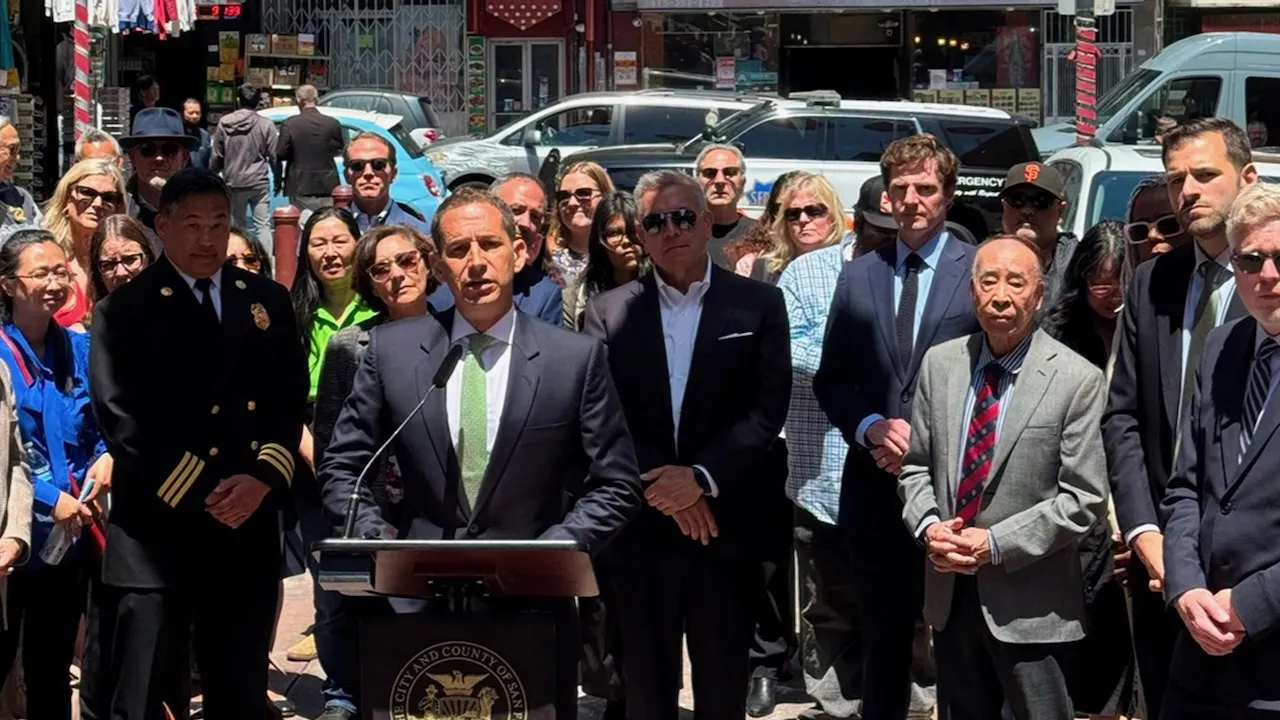
San Francisco’s permitting process is finally getting a much-needed overhaul. A new package of bills — introduced by the Mayor and co-sponsored by a bevy of Supervisors — targets dozens of outdated and burdensome permitting rules that have frustrated small businesses for years. From sidewalk seating and business signs to second-floor retail and live music, the package replaces red tape with simpler, faster rules.
The Facts
Mayor Lurie, working with Supervisors Mandelman, Sauter, Dorsey, Mahmood, Engardio, Sherrill, and Melgar are tackling SF's slow and difficult permit approval system with six new bills. The Permit SF package fixes several key pain points for small businesses, and they're launching a new permit performance tracker to make sure the City is actually doing better.
Here's a quick summary of what was announced today:
- Changes sidewalk dining permits to self-certification with enforcement driven by complaints rather than pre-approval. Removes permits for minor and temporary encroachments on the sidewalk like drain pipes and out-swinging doors.
Sponsors: Lurie, Mandelman. - Allows downtown ground-floor office use until 2030 (yes, that's currently banned!), removes hurdles for second-floor retail, waives fees for housing conversions, and simplifies sign and facade transparency rules.
Sponsors: Lurie, Sauter, Dorsey, Mahmood. - Allows security gates installed without a permit to be easily legalized, and relaxes gate transparency requirements for new ones.
Sponsors: Lurie, Sauter. - Streamlines and extends temporary use permits, like for pop-ups.
Sponsors: Lurie, Engardio. - Speeds up and lowers costs for entertainment and music permits, skips redundant reviews by Planning and DBI, and eliminates the need for permits for ring-throwing games (really), dance halls (really!), and “masked balls” (really!!).
Sponsors: Lurie, Sherrill, Sauter. - Merges and codifies fast-track permit programs, ensuring permit hearings within 90 days for small businesses.
Sponsors: Lurie, Melgar
A related bill by Supervisor Engardio from March 2025 eliminates variances for rebuilding existing nonconforming structures.
The Context
San Francisco's permitting system has long been criticized for its complexity and delays. For instance, a 2019 city government report found that it took an average of 172 days for businesses to obtain permits for alterations or repairs, and 332 days to get a conditional use permit:
Building permit applications for commercial property alterations, additions and repairs submitted to the Department of Building Inspection (DBI) took an average of 172 days, or nearly six months, to be issued and 88 days for construction/renovation work to be completed and approved in 2017, for a total of 260 days, or approximately 8.7 months.
Planning Department records show that conditional use authorizations, the most common type of discretionary approval issued in the Upper Market/Castro commercial district between 2015 and 2017, took an average of 332 days, or nearly one year, to be approved. When combined with obtaining a building permit and approval for construction work performed, the entire process can take over one and a half years for projects requiring both approvals. The associated commercial storefronts are often vacant during this application review and construction time.
Voters approved Proposition H in 2020, which aimed to streamline the permitting process for small businesses. However, many issues have become apparent since then. The new package of bills aims to address these longstanding problems and make it easier for small businesses to thrive in San Francisco.
The GrowSF Take
Finally! For too long, small business owners have faced absurd barriers just to add a sign, place a table outside, or even install security gates. This legislative package fixes real problems that entrepreneurs face every day, and which make opening a business too hard and too expensive. Instead of endless permit delays, San Francisco is starting to say yes. Let’s pass all of these bills — and then go even further. Small businesses are the lifeblood of our neighborhoods, and this is exactly the kind of good governance San Francisco needs.
Generate a Personalized Email to the Board of Supervisors
To:
Sign up for the GrowSF Report
Our weekly roundup of news & Insights